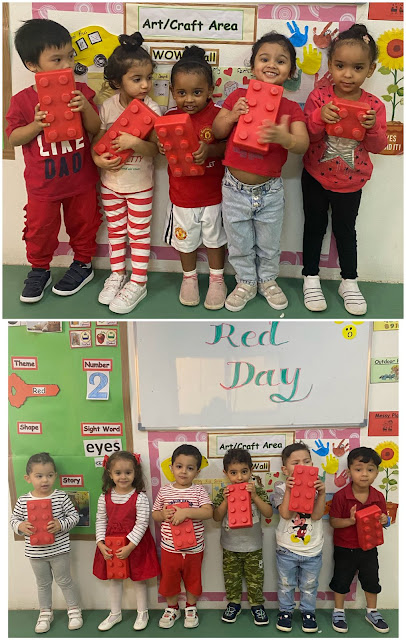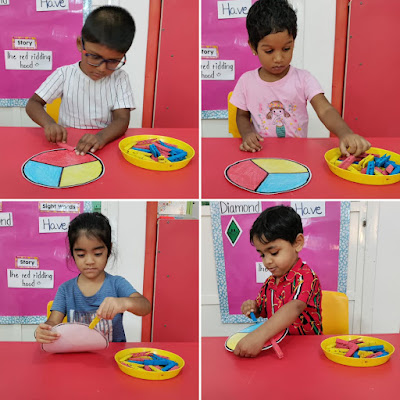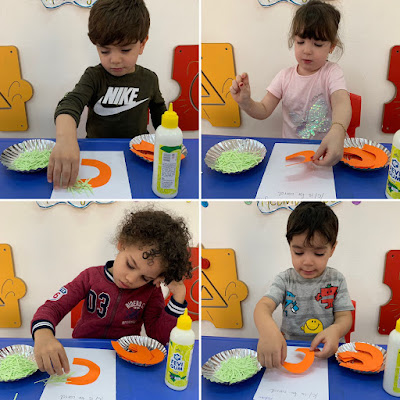A Peek Into Our Little Oxfordians' Days
Keeping busy the whole day with kaleidoscopic range of activities makes our little ones happy, excited and joyful.
Designing purposeful activities aimed at the holistic development of every child is the core of our curriculum.
Looking forward to every new day is how our little ones spend the night.
Preparing, designing and planning is how our teachers spend their entire time at home.
Delivering and executing the plan with love and care is how the teachers function during the day.
Watching their child engrossed, involved and immersed makes our parents feel content and satisfied.














































































































